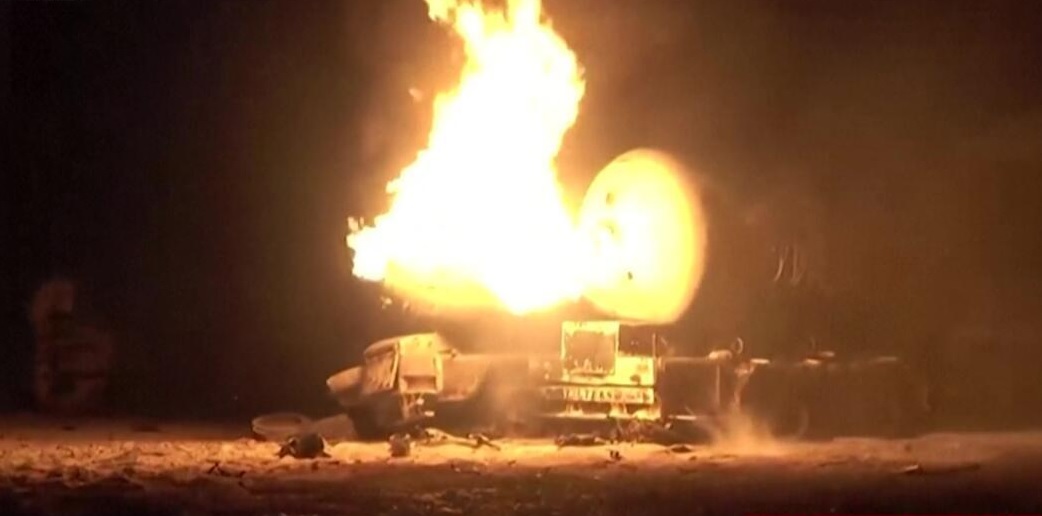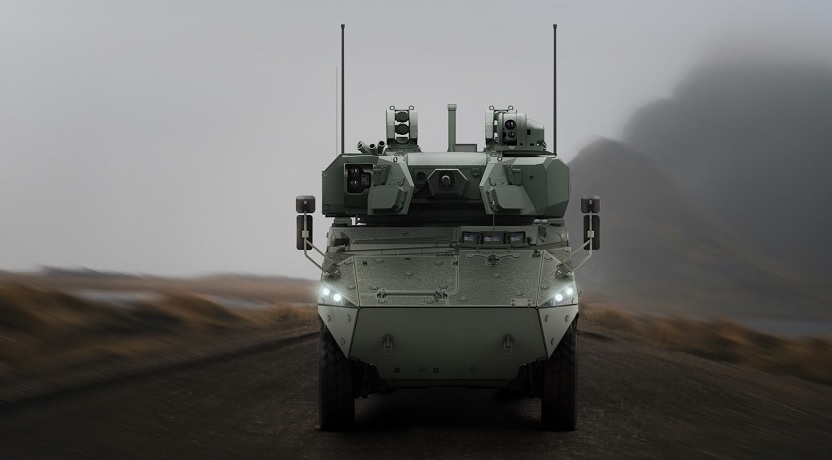DRDO and Indian Army Successfully Test MRSAM Army Version

In a significant stride towards strengthening India’s air defence capabilities, the Defence Research and Development Organisation (DRDO) and the Indian Army conducted four highly successful flight-tests of the Army version of the Medium-Range Surface-to-Air Missile (MRSAM) system. The tests were held on April 3 and 4, 2025, at Dr APJ Abdul Kalam Island off the coast of Odisha.
The trials were conducted under realistic operational scenarios, targeting high-speed aerial threats at different altitudes and ranges. All four missiles successfully intercepted and destroyed their targets with precision, registering direct hits — a strong validation of the MRSAM’s accuracy and readiness.
These tests weren’t just ordinary evaluations. They were conducted with the complete weapon system in fully operational configuration, mimicking actual battlefield conditions. Targets were engaged at long-range, short-range, high altitude, and low altitude, covering the full spectrum of possible aerial threats. Performance data was collected through a network of radars and electro-optical tracking systems stationed at the Integrated Test Range in Chandipur.
The Indian Army, under the guidance of DRDO, executed these tests through its Eastern and Southern Commands. This also marked a significant achievement for the Army’s operational preparedness, as these successful trials cleared the path for deploying the MRSAM weapon system in two regiments.
The MRSAM system is a joint development by DRDO and Israel Aerospace Industries (IAI), tailored specifically for the Indian Army. It consists of a mobile launcher, multi-function radar, command and control systems, and a network of support vehicles — enabling it to detect, track, and neutralize multiple aerial targets in a matter of seconds.
These flight-tests reaffirm the effectiveness of India’s indigenous defence technology. Raksha Mantri Rajnath Singh congratulated DRDO, the Indian Army, and Indian industry partners for the successful demonstrations. He emphasized that the four back-to-back successes demonstrate the robustness of India’s defence ecosystem and its growing self-reliance.
DRDO Chairman and Secretary of the Department of Defence R&D, Dr. Samir V. Kamat, also praised the teams involved, calling the trials a major milestone in building India’s integrated air defence network. He underlined that these tests reflect the growing synergy between science, technology, and defence operations.
A Quick Look at What Makes MRSAM Special:
-
Range: Capable of intercepting aerial targets at a range of up to 70 km.
-
Multi-target Handling: Can track and engage multiple threats simultaneously.
-
All-weather Capability: Operates efficiently under all environmental conditions.
-
Quick Reaction Time: Rapid response against incoming threats.
-
Mobile and Flexible: Easily deployable in different terrains and locations.
The successful testing of the MRSAM Army variant is more than just a technical achievement. It is a signal of India's maturing defence capabilities, the confidence of its armed forces in indigenous systems, and a step closer to becoming self-reliant in critical defence technologies. With these successful trials, the MRSAM system is now closer to being fully operationalised and integrated into India's defence forces.



